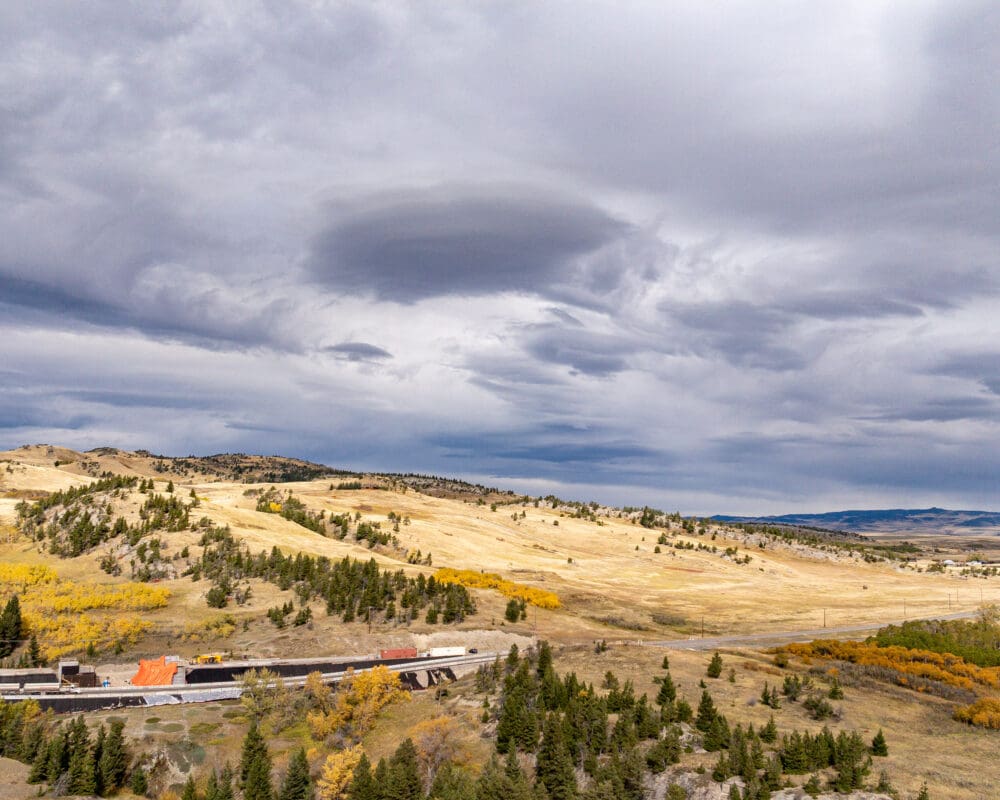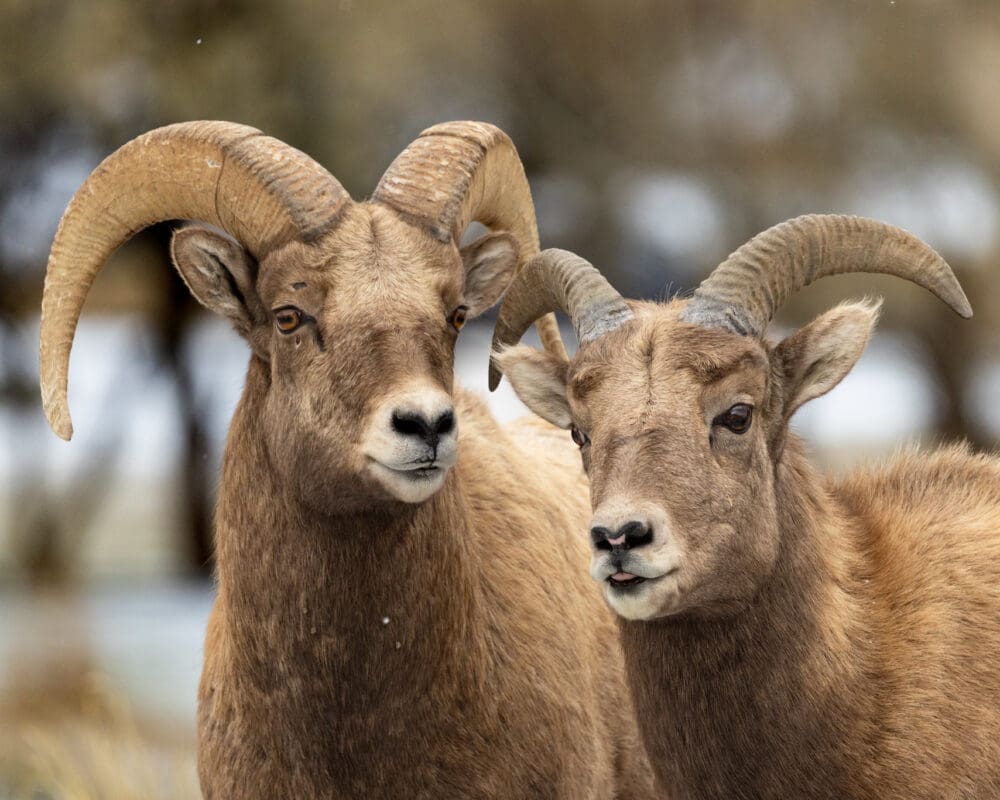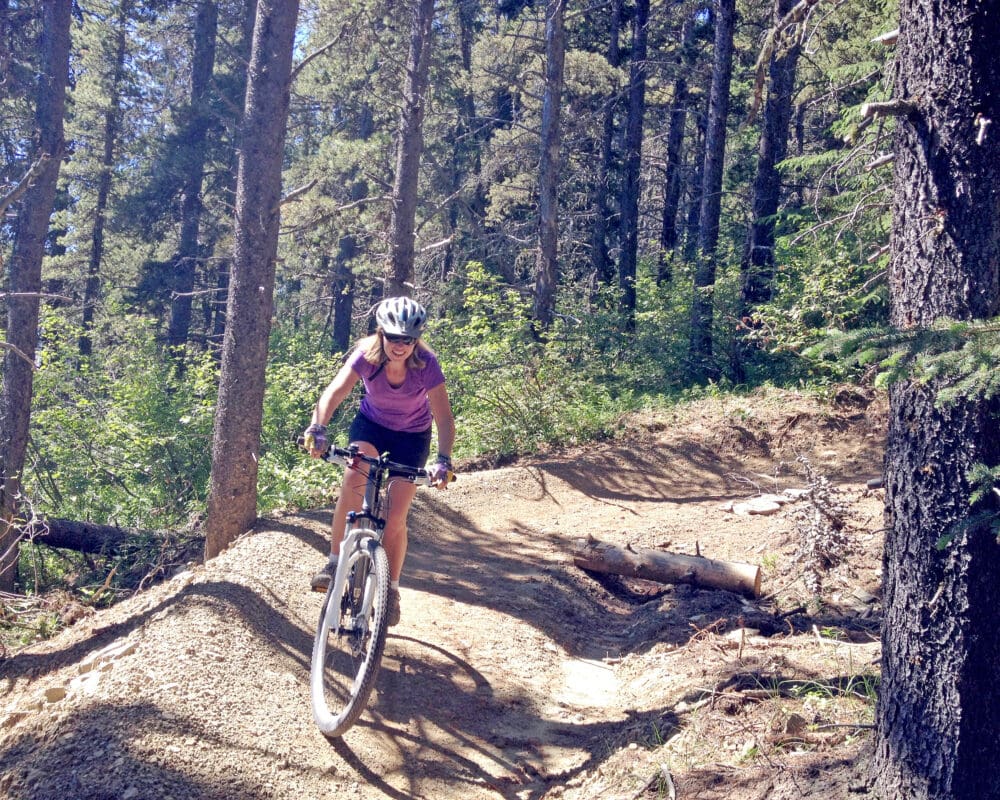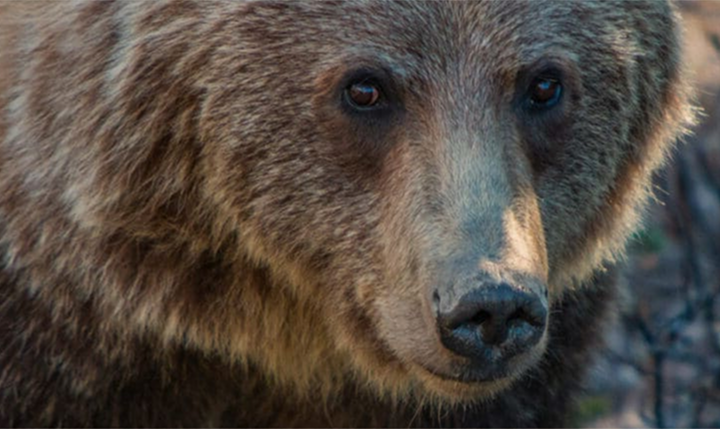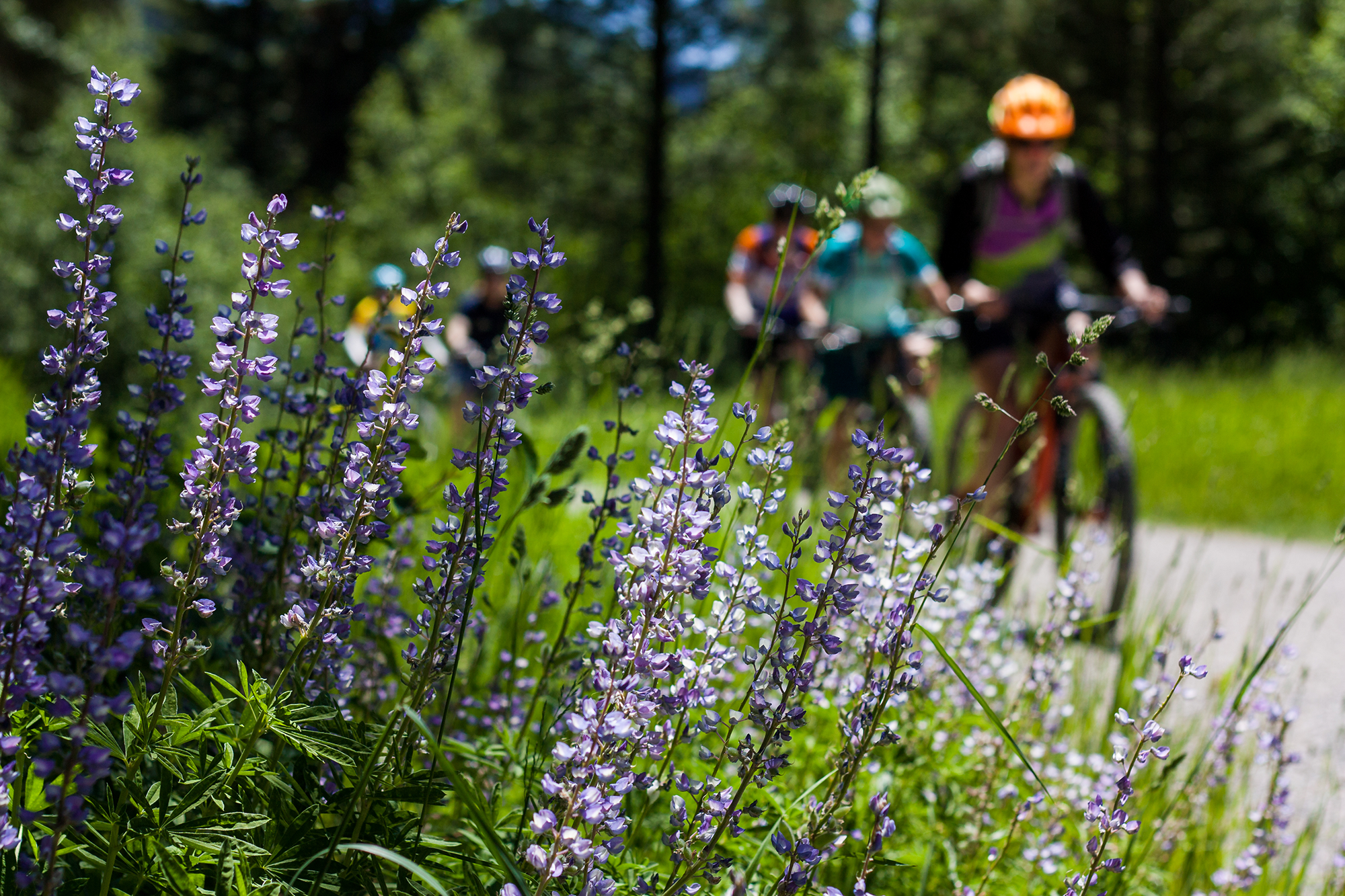If you are a member of the news media looking for an interview, background information, photos or b-roll, please contact Tess McEnroe, media relations manager, via email: media (at) y2y (dot) net or phone: 1-403-609-2666 x 172.
For general information requests, please email info (at) y2y (dot) net or call our main number at 1-800-966-7920.
Find an Expert
Y2Y’s staff are experienced, effective and enthusiastic science communicators who appear frequently on camera, radio and in print media.
With numerous scientists on the staff and board who are available to discuss wildlife crossings; large landscape conservation; human-wildlife coexistence; environmental assessment; forestry; wildlife species including wolverines, mountain caribou and grizzly bears; wildlife migration and more, we are happy to help journalists, writers and producers with stories and background research.

